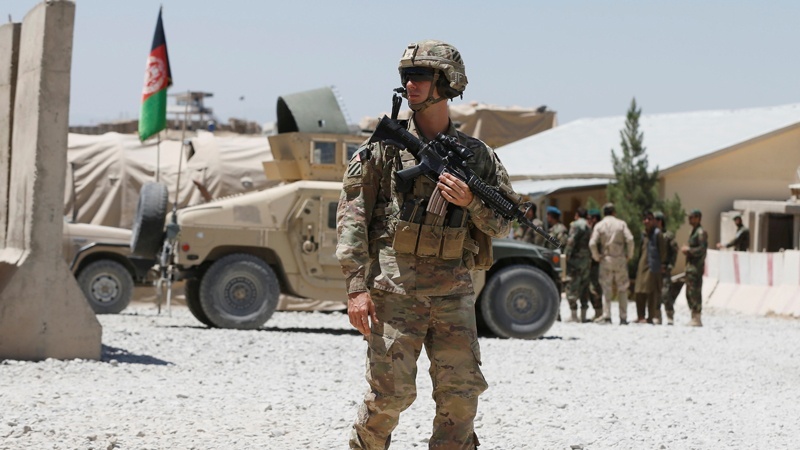Was the U.S. military presence in Afghanistan necessary?
-

Was the U.S. military presence in Afghanistan necessary?
Pars Today – An American institute published an article on the anniversary of the U.S. withdrawal from Afghanistan.
The American institute Responsible Statecraft recently published an article by Rosemary Kelanic noting that four years have passed since the United States left Afghanistan on August 30, 2021. This withdrawal marked the end of an almost 20-year occupation, which can be seen as an example of the endless expansion of military missions.
According to Pars Today, what began in October 2001 as a limited intervention to eliminate Al-Qaeda in Afghanistan turned into an open-ended operation that incurred high costs for the U.S. Over these years, 2,334 U.S. military personnel were killed, and more than 20,000 others were injured.
U.S. policies in Afghanistan were based on approaches such as “nation-building” and “democratization” in a country with a culture and political conditions very different from the West, which ultimately ended in failure. These policies were unable to bring about fundamental changes in Afghanistan’s social and political structure.
Instead, rather than focusing on the threats it claimed to be countering in Afghanistan, the United States became entangled in complex projects that were not only unsuccessful but also incurred significant human and financial costs.
However, U.S. policymakers continue to justify military presence in various parts of the world, even though evidence shows that the threats they claim to be addressing can be managed without military occupation. This point could provide valuable lessons for future security. For this reason, the United States can, according to its plans, end its mission in Iraq in September and withdraw all 2,500 of its troops from the country by the end of 2026.
Furthermore, this analysis reinforces the rationale for the United States’ withdrawal from Syria and more than ten countries in Africa. It indicates that the U.S. should significantly reduce its presence in these regions.
Ultimately, it can be said that U.S. policies for military presence in other countries reflected a neglect of real security priorities. These mistakes caused the United States not only to fail in achieving its initial objectives but also to lose many of its resources and personnel in a prolonged and ineffective war. These experiences should serve as lessons for U.S. policies in future crises of a similar nature.


